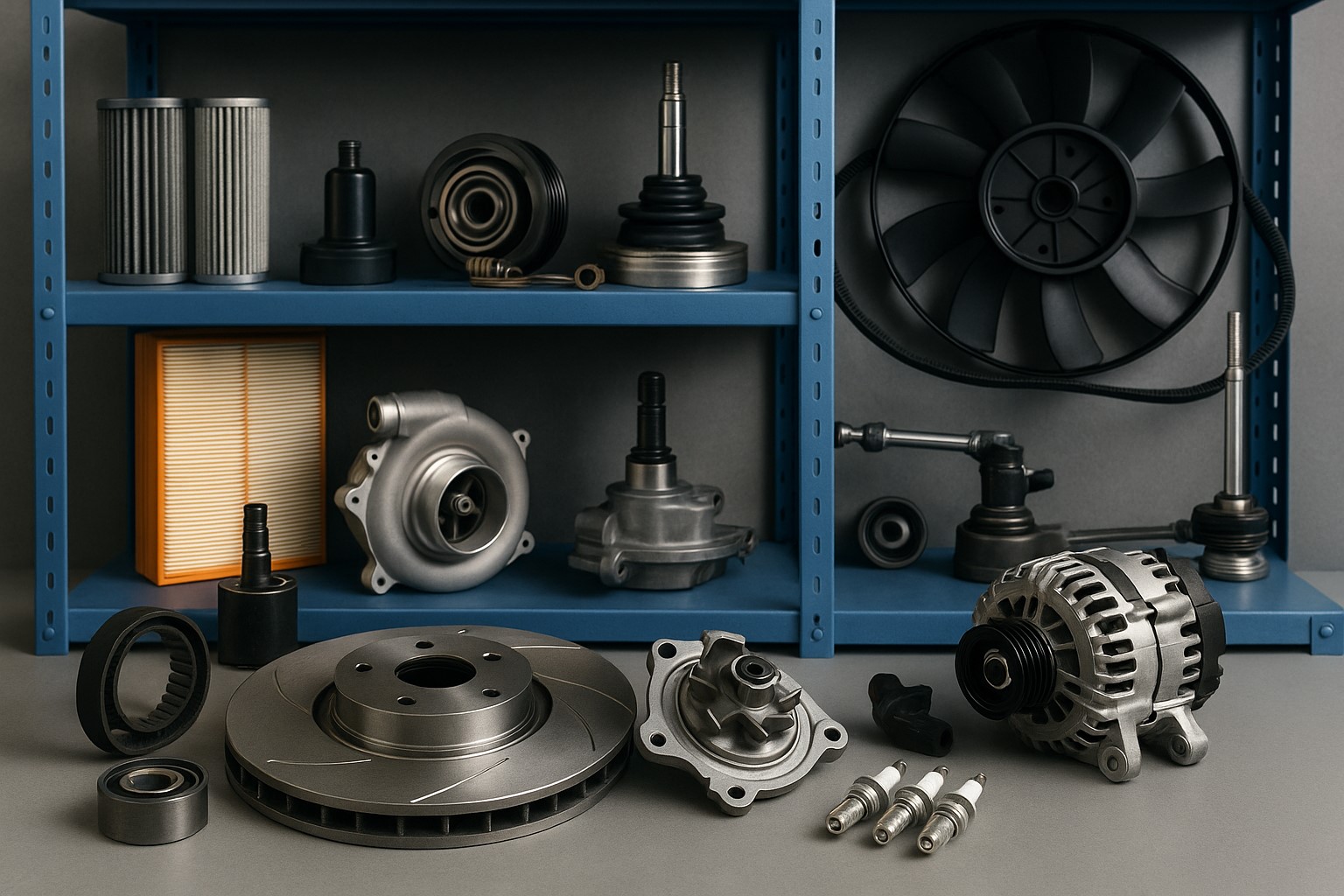OEM Parts Matter After an Accident: Why Are They Important?
If your newer vehicle is involved in an accident and needs serious repair work, one of the last things you want to worry about is how those repairs might affect the car’s value or appearance.
Now imagine trying to trade in or privately sell a vehicle with a door that doesn’t quite match the rest of the paint, or a spoiler that looks like an aftermarket knockoff. Details like these can reduce the resale value of your vehicle and make it harder to sell.
📝 What Are OEM Parts?
OEM stands for Original Equipment Manufacturer. These parts are made by the same company that built your vehicle and are the exact components that originally came with your car, truck, or SUV.
OEM parts are designed to meet the precise specifications and quality standards set by the manufacturer. This includes everything from fit and finish to performance and durability.
By contrast, aftermarket parts are made by third-party companies and may vary in quality, fit, or materials. Some insurance companies and body shops may opt for the cheapest available option, including:
- Generic aftermarket parts
- Reconditioned or refurbished parts
- Used components pulled from salvage yards
⚡ Why OEM Parts Matter
💸 Protects Your Investment
OEM parts help maintain your vehicle’s value. Trained eyes — and dealership trade-in assessors — can often spot non-OEM repairs, which may lead to a lower appraisal or reduced resale price.
✅ Guaranteed Fit and Finish
OEM parts are built to match your specific make and model, ensuring proper fit, appearance, and functionality. You avoid:
- Ill-fitting panels or bumpers
- Paint mismatches
- Rattles or unusual wear
⚠️ Better Compatibility
With today’s technology-packed vehicles, OEM components are often better integrated with sensors, driver assistance systems, and electronics than aftermarket alternatives.
⚖️ Peace of Mind
OEM parts often come with a manufacturer’s warranty, offering you confidence that you’re installing a part the automaker stands behind.
🚜 Insurance, Repairs & Non-OEM Risks
It’s not uncommon for insurance companies to push for the lowest-cost repair options. This may include non-OEM parts or used components to reduce claim costs. While this is technically legal, it can leave you with repairs that don’t meet factory standards.
Key risks of non-OEM parts:
- Reduced crash performance or structural integrity
- Decreased resale value
- Possible voiding of manufacturer warranties (in certain cases)
🤝 How Obvi Can Help
Don’t get stuck owning a one-year-old vehicle with mismatched or low-grade replacement parts. At Obvi, we offer a solution:
📅 OEM Parts Protection
When you purchase a New Car Replacement Insurance policy from Obvi, you can add optional OEM parts protection. This feature:
- Pays up to $2,500 per year in extra costs to ensure OEM parts are used
- Covers your vehicle for up to five years
- Helps maintain your car’s value and factory-standard quality
Your vehicle is one of your biggest investments. Protect its value with parts that were designed to be there.

